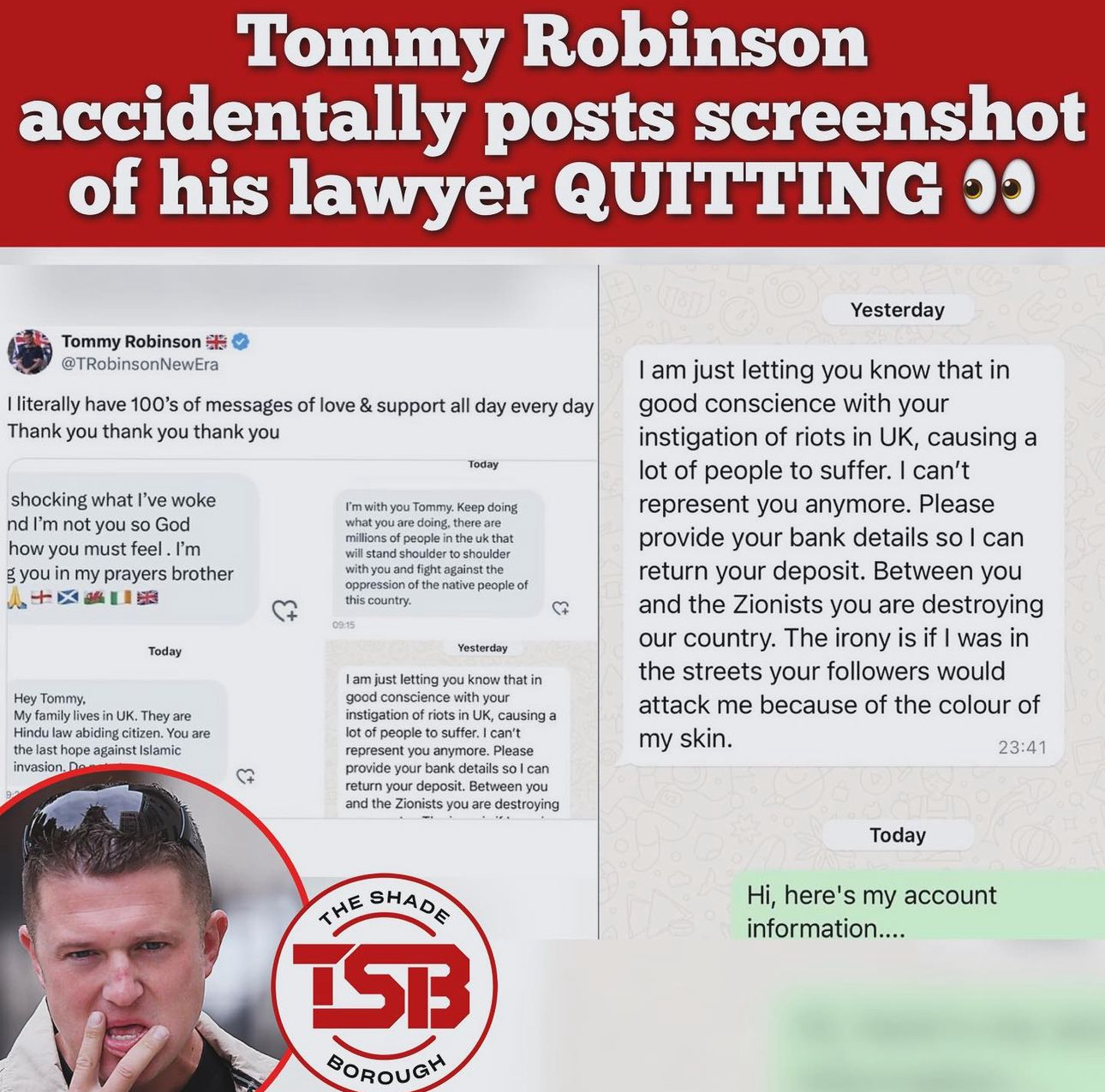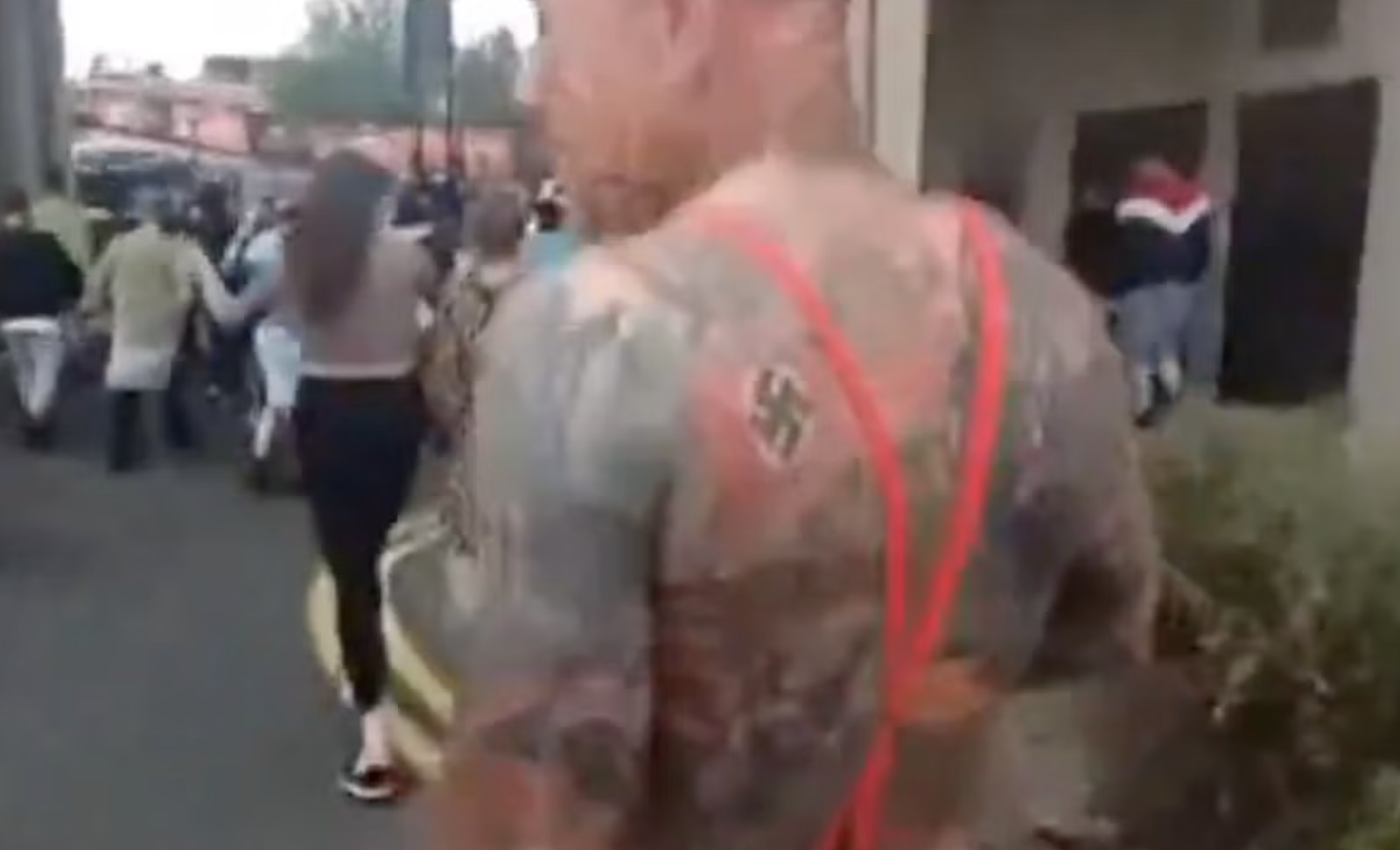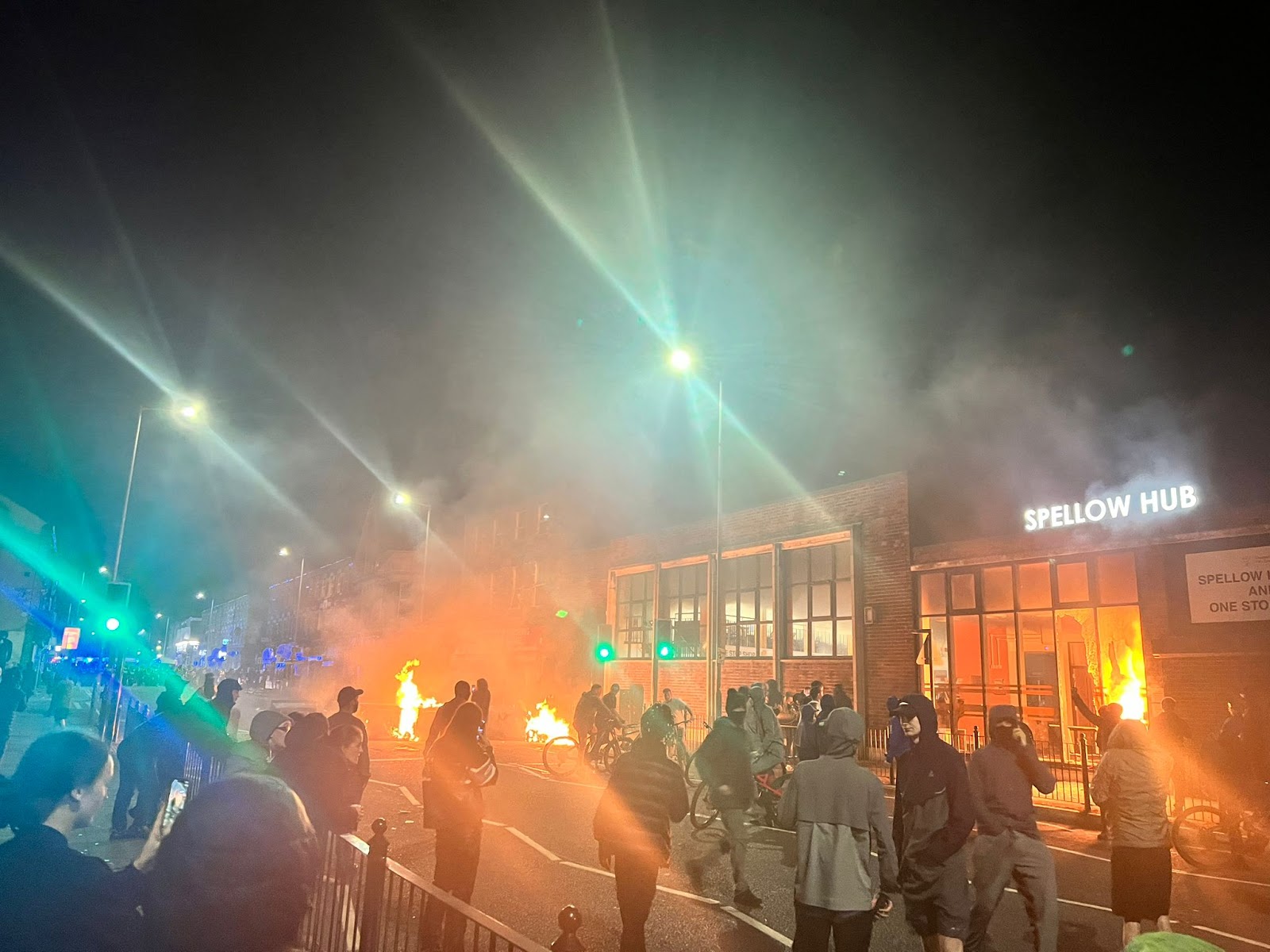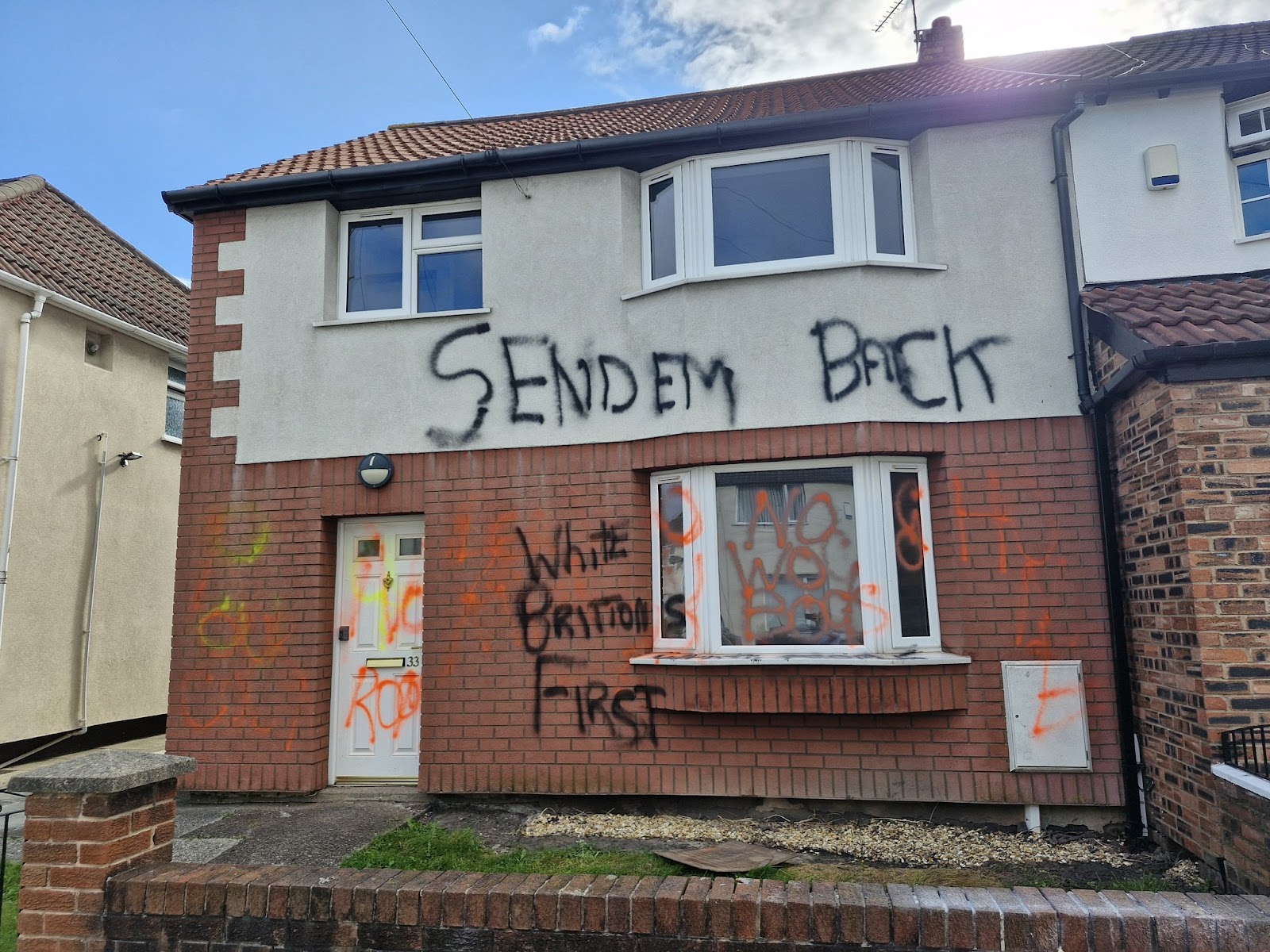%20(4).jpg)
%20(4).jpg)
The riots in Southport, triggered by a stabbing incident, became a focal point for far-right activism. High-profile far-right figures, including Tommy Robinson, disseminated false information about the attacker's identity and background. This misinformation, amplified on platforms like Twitter and Telegram, falsely claimed the perpetrator was a Muslim immigrant, which incited anger and protests (Wikipedia, 2024).
Authorities have debunked these claims, revealing that the suspect was a 17-year-old from Lancashire with no known links to Islam. Despite police efforts to correct the misinformation, it continued to spread, aggravating public sentiment and leading to riots (BBC, 2024).

A similar pattern of misinformation emerged following a stabbing in Stirling. Far-right activists wrongly asserted that the incident involved a Muslim attacker, which further fueled tensions. The police clarified that the arrested individual was white and local, attempting to dispel the false narratives quickly (Guardian, 2024).
These events underscore the broader issues of Islamophobia, xenophobia, and anti-immigrant sentiments that are being exploited by far-right groups. The protests have seen significant involvement from far-right organisations, including the remnants of the English Defence League and neo-Nazi groups. These groups have used social media to spread fear and rally support, often hijacking legitimate concerns about crime and immigration to push their agenda (Independent, 2024).

The role of disinformation, particularly from sources linked to Russian propaganda efforts, has been highlighted in these protests. Experts suggest that these false narratives are deliberately crafted to generate hostility towards ethnic minorities and immigrants, which has real-world consequences (Guardian, 2024).


The government and community organisations are actively working to counter these far-right narratives. Efforts include monitoring social media for misinformation, promoting accurate information, and addressing the root causes of xenophobia and racism. Anti-racism charities like Hope not Hate are also involved in educating the public and advocating for more stringent regulations on social media platforms to prevent the spread of harmful misinformation (Huff Post, 2024).
In summary, the recent far-right protests in the UK highlight the dangerous impact of misinformation and the urgent need for effective countermeasures. The ongoing efforts to combat these false narratives and address the underlying societal issues are crucial for maintaining social harmony and preventing further unrest.